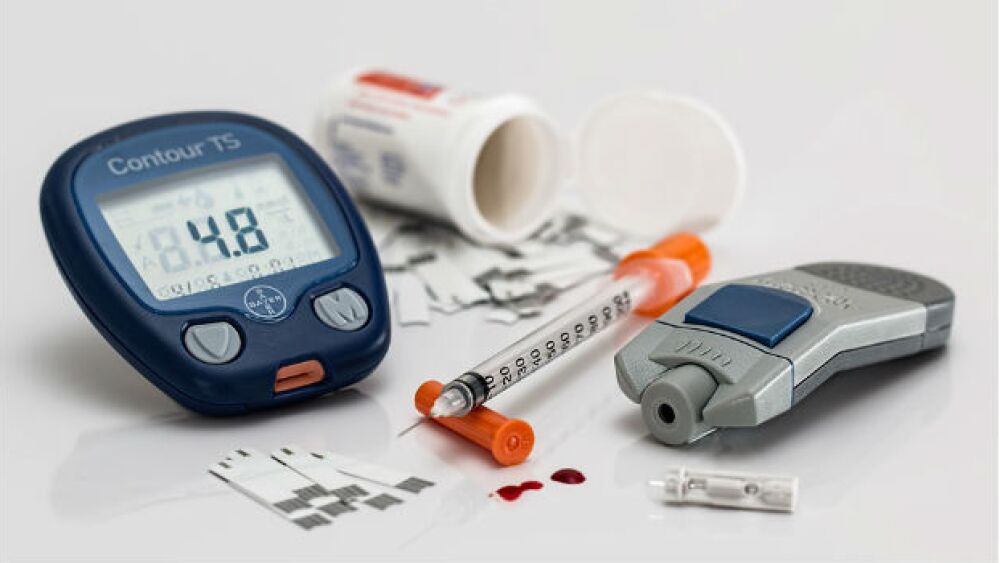Researchers at Massachusetts General Hospital in Boston published results from a long-term clinical trial of a tuberculosis vaccine in type 1 diabetes patients that in a long-term follow-up appears to have cured the disease.
Original publication date: June 12, 2018.
Researchers at Massachusetts General Hospital in Boston published results from a long-term clinical trial of a tuberculosis vaccine in type 1 diabetes patients that in a long-term follow-up appears to have cured the disease.
Denise Faustman, director of the MGH Immunobiology Laboratory, has been conducting work on the bacillus Calmette-Guerin (BCG) vaccine and its ability to restore near-normal blood sugar levels. In follow-up studies to a Phase I clinical trial, three years after patients received two doses of the BCG vaccine four weeks apart, all the adults with longstanding type 1 diabetes had an improvement of HbA1c levels that were close to normal, and that improvement lasted for the next five years.
The work was published in npj Vaccines. Faustman will also be presenting results from a separate group of BCG clinical trial patients on Saturday, June 23, at the 78th Scientific Sessions of the American Diabetes Association in Orlando.
“This is clinical validation of the potential to stably lower blood sugars to near normal levels with a safe vaccine, even in patients with longstanding diseases,” Faustman said in a statement. “In addition to the clinical outcomes, we now have a clear understanding of the mechanisms through which limited BCG vaccine doses can make permanent, beneficial changes to the immune system and lower blood sugars in type 1 diabetes.”
The BCG vaccine has been in use for almost 100 years to prevent tuberculosis. For the last 30 years, it was recognized as increasing production of tumor necrosis factor (TNF), a cytokine that seems to help in autoimmune diseases by eliminating the autoreactive T cells that attack the patient’s tissues. In the case of type 1 diabetes patients, their immune system attacks pancreatic islets, the cells in the pancreas that produce insulin. It also increases production of regulatory T cells (Tregs) that could prevent an autoimmune reaction.
Faustman’s group reported in 2001 that stimulating TNF production could cure type 1 diabetes in mice. But TNF dosing is toxic in humans. As a result, clinical trials have used BCG because it elevates TNF levels safely.
Those results were originally published in a 2012 PLOS One paper. In that paper, two doses of BCG spread out four weeks apart led to a decrease in autoreactive T cells, an increase in Tregs, and a temporary increase in insulin production. By the end of the 20-week trial, however, there was a reduction in HbA1c. The current study is based on data from 282 humans, 52 with type 1 diabetes who were part of the BCG clinical trial and 230 who contributed blood samples for mechanistic studies.
MGH reports, “Regular monitoring of clinical trial participants found that HbA1c levels of those receiving BCG had dropped by more than 10 percent at three years after treatment and by more than 18 percent at four years. The reduction was maintained over the next four years, with treated participants having an average HbA1c of 6.65, close to the 6.5 considered the threshold for diabetes diagnosis, and with no reports of severe hypoglycemia. Participants in the placebo group and in a comparison group of patients receiving no treatment experienced consistent HbA1c elevations over the same eight-year time period.”
The researchers also identified how this seems to work, a new mechanism never seen before. The vaccine appears to cause a shift of glucose metabolism from the most common way, oxidative phosphorylation, to aerobic glycolysis, which involves greater glucose consumption by cells. Essentially the body’s white blood cells increase their uptake of glucose that makes up for the pancreas’ inability to produce insulin.
The vaccine isn’t common in the U.S., where children don’t receive the vaccine, but it is very common in China, Africa and South America. Over the last century, the BCG vaccine has been used 4 billion times. Last year alone, 100 million doses were given.
Faustman is still in the process of completing the Phase II clinical trial, and larger, global trials are underway.





